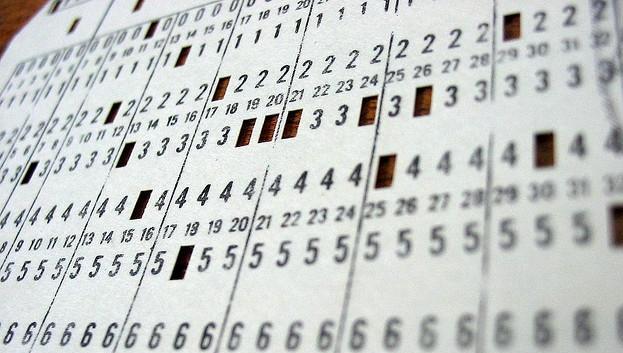Yale plans opens access to millions of images
May 17, 2011 Leave a comment
In an exciting addition to open collections in the humanities, Yale has opened access to over 250,000 images from its collection and plans of opening millions more.
From the release:
“The goal of the new policy is to make high quality digital images of Yale’s vast cultural heritage collections in the public domain openly and freely available.”
“Scholars, artists and other individuals around the world will enjoy free access to online images of millions of objects housed in Yale’s museums, archives, and libraries thanks to a new “Open Access” policy that the University announced today. Yale is the first Ivy League university to make its collections accessible in this fashion, and already more than 250,000 images are available through a newly developed collective catalog.”
This seems to be based on access to digital representations of work that are already in the public domain, rather than automatic open access to newly created materials from Yale, but given the subject matter, this is still an enormous amount of material.
This is a significant move because of the sheer scale of Yale’s collections and the comprehensive nature of the policy. This clearly positions the institution in a position which sees open access as the natural approach to its collections, rather than seeing open access as applying to specific collections which are somehow different.
Having said this, looking through the service, the re-use rights for material are not actually specified beyond being “open access”, and:
“The ability to publish images directly from our online catalogues without charge will encourage the increased use of our collections for scholarship, a benefit to which we look forward with the greatest excitement.”
. . . so I trust I am permitted to use the picture from the collection as the header to this post: it illustrates an eighteenth century London street cry: “Turn your Copper into Silver now before your Eyes” . . .
Bill



